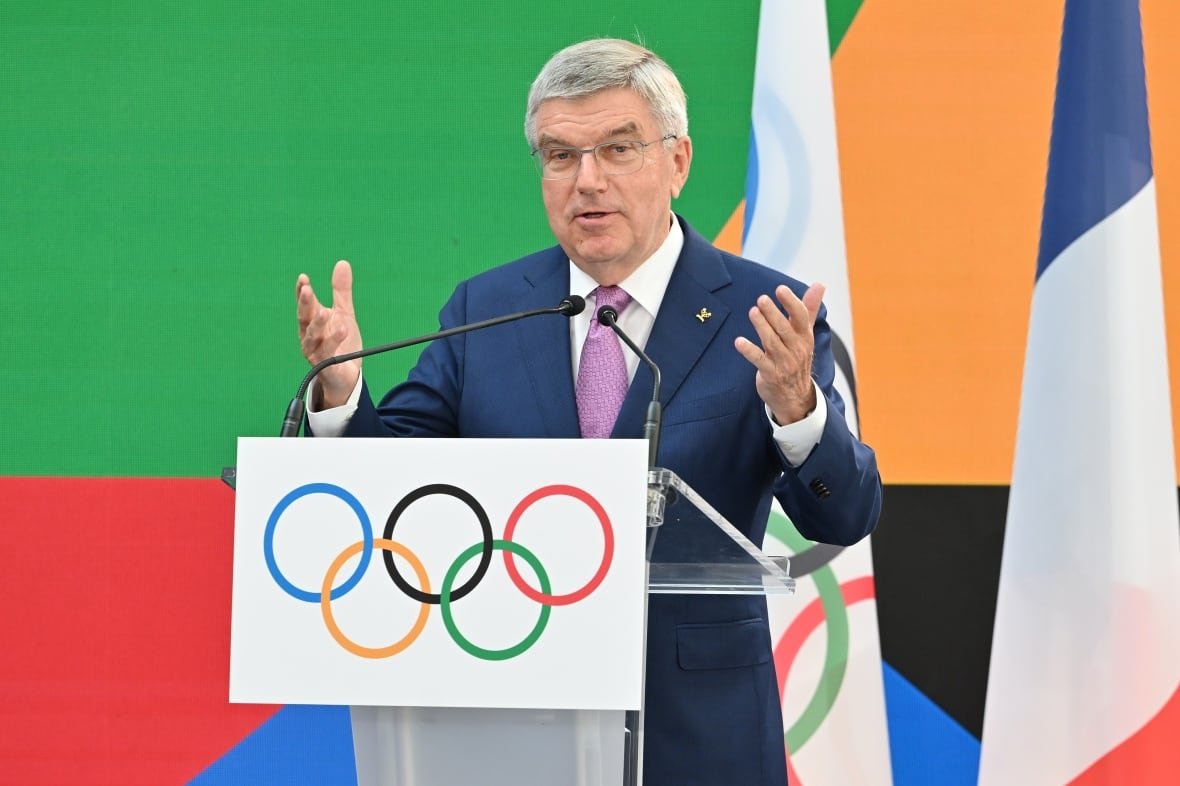The seven candidates running for International Olympic Committee president had their manifestos published on Thursday, and one is offering to take just half of the eight-year mandate on offer and stand again in 2029.
Sebastian Coe, the World Athletics president who turned 68 this year, pledged to embed “transformative change over the next four years” then seek re-election ahead of schedule.
Coe was among several candidates offering to give back to IOC members — who elect their president at a March 18-21 meeting near the site of Ancient Olympia in Greece — a decisive choice in picking future host cities.
Under the hands-on presidency of Thomas Bach, who reaches his limit of 12 years in office next year, members now simply rubber-stamp a single host candidate that has worked with the IOC administration.
Two members of the Bach-chaired IOC executive board, Juan Antonio Samaranch Jr. and Prince Feisal al Hussein, joined Coe in promising to empower members to have a bigger role in the Olympic body. They also promise to raise the retirement age for members from 70 to 75 years.

Members must be invited to join the exclusive IOC club and the current 111 include European and Middle East royalty, leaders of international sports bodies, former and current Olympic athletes, politicians, diplomats, industrialists and an Oscar-winning actress.
Only IOC members can be presidential candidates and the other contenders are board member Kirsty Coventry and three more presidents of sports governing bodies: Johan Eliasch from skiing, David Lappartient from cycling, and Morinari Watanabe from gymnastics.
The manifesto releases are one of just two set-piece events in a mostly opaque campaign with strict rules to limit self-promotion and engagement with voters. Candidates will present themselves to voters, though not take questions, at a Jan. 30 meeting at IOC headquarters in Lausanne, Switzerland.
The IOC has had no female president and just nine men leading it in a 130-year history. Eight of those presidents were from Europe and one from the United States.
Coventry, the 41-year-old sports minster of Zimbabawe, is just the second female candidate ever to run for the IOC leadership and is widely seen as Bach’s preferred choice to continue his policies.
Coventry and Coe are two-time Olympic champions in swimming and track, respectively. Coe also led organizing the 2012 London Olympics.
Coe upset the IOC establishment — including some voters — this year by committing World Athletics to pay $50,000 US prize money to gold medallists in track and field at the Paris Olympics. The sport also will pay silver and bronze medallists at the 2028 Los Angeles Summer Games.
Though not specifying prize money, Prince Feisal called for Olympic athletes to be “properly valued” while Samaranch proposed letting athletes use footage of their performances on social media channels. That would relax strict IOC rules on Olympic athletes’ ability to promote themselves.
Challenges facing the IOC include picking a host for the 2036 Olympics, with India and Qatar in the mix, and looking at moving the Summer Games from its established July-August place in the modern sports calendar.
The next IOC president also must address the impact of climate change on the global sports calendar, gender issues in sports, when and how to bring Russia back fully into the Olympic Games and signing a new U.S. broadcast deal. Long-time partner NBC’s deal expires after the 2032 Brisbane Olympics and has been a foundation of Olympic revenue, which was $7.6 billion in the 2021-24 Olympic cycle.
The IOC presidency has been limited to 12 years in anti-corruption reforms passed after the Salt Lake City bidding scandal erupted in 1999. The first term is eight years and presidents can seek a second and final term of four years.

